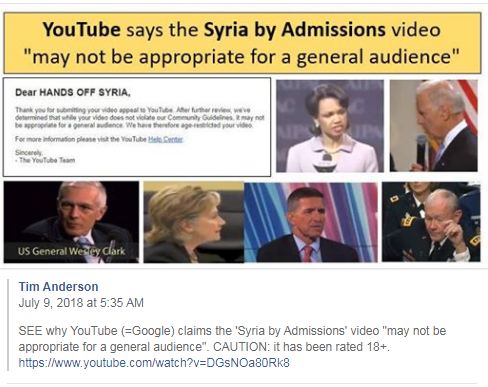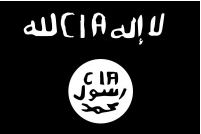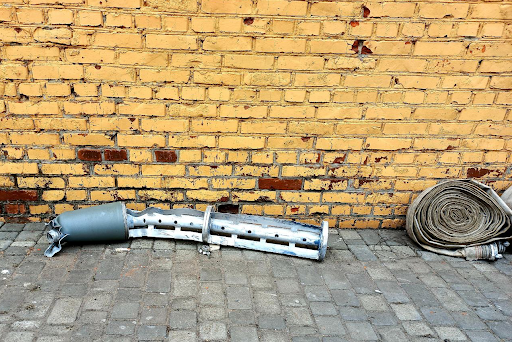
Transcript by Rawan Mhamsa:
Hillary Clinton, Secretary of State:
I mean, let’s remember here, the people we are fighting today we funded, twenty years ago. Let’s deal with the ISI and the Pakistani military, and let’s go recruit those Mujahideen and let’s get some to come from Saudi Arabia and other places importing their Wahhabi brand of Islam so that we can go beat the Soviet Union!
U.S General Wesley Clark:
He said, “We’ve made the decision, we’re going to the war with Iraq,” this was on or about the 20th of September. So I came back to see him a few weeks later, and by that time we were bombing in Afghanistan. I said, “Are we still going to war on Iraq? He said “Oh, it’s worse than that.”
He said, he reached over on his desk, he picked up a piece of paper, and then he said “I just got this down from upstairs,” meaning the Secretary of the Defence office” today, and then he said “this is a memo that describes how we are going to take out 7 countries in 5 years”. Starting in Iraq and then Syria, Lebanon, Libya, Somalia, Sudan, finishing off, Iran.
Condoleezza Rice, Secretary of State:
The United States has a new policy, a strategy that recognizes that the best way to defeat the ideology that uses terror as a weapon is to spread freedom and democracy. We measure our success in the democratic revolutions that have stopped the world, vibrant revolutions of rose and orange and purple and tulip and cedar. The destiny of the Middle East is bound up in this global expansion of freedom. The days of thinking that this region was somehow immune to democracy are over.
Hillary Clinton:
We must use what has been called smart power, the full range of tools at our disposal diplomatic, economic, military, political, legal and cultural.
President Obama:
I’ve come here to Cairo to seek a new beginning between the United States and Muslims around the world, one based on mutual interest and mutual respect and one based upon the truth that America and Islam are not exclusive and need not be in competition. Instead, they overlap and share common principles. Principles of justice and progress, tolerance and the dignity of all human beings.
Mehdi Hassan:
In 2012, your agency was saying, quote, The Salafists, the Muslim Brotherhood and al-Qaida in Iraq are the major forces driving the insurgents in Syria.
In 2012, the U.S. was helping coordinate arms transfers to those same groups. Why did you not stop that if you’re worried about the rise of, quote unquote?
U.S General Michael Flynn:
I mean, I hate to say it’s not my job that my job was to, was to ensure that the accuracy of our intelligence that was being presented was as good as it could be.
Mehdi Hassan:
The administration turned a blind eye to your analysis. The NSA turned a blind eye.
US General Michael Flynn:
I don’t know if they turned a blind eye. I think it was a decision.
I think it was a willful decision.
Mehdi Hassan:
A willful decision to support an insurgency that had Salafists, al-Qaida, Muslim Brotherhood?
US General Michael Flynn:
A willful decision to do what they’re doing.
U.S General Martin Dempsey:
It really comes down to building a coalition so that that what the Arab Muslim world sees is them rejecting ISIS, not us defeating them.
Senator Lyndsey Graham:
They already reject ISIL. Do you know any major Arab ally that embraces ISIL?
US General Martin Dempsey:
I know major Arab allies who fund them.
Senator Lyndsey Graham:
Yeah, but did they embrace that? They fund them because the Free Syrian Army couldn’t fight Assad. They were trying to beat Assad. I think they realized the folly of their ways.
U.S Vice President Joe Biden:
What what my constant cry was that our biggest problem was our allies.
Our allies in the region were our largest problem in Syria. The Turks were great friends and I have a great relationship with Erdogan, which I spent a lot of time with the Saudis, the Emiratis, etc.. What were they doing? They were so determined to take down Assad and essentially have a proxy Sunni Shia war. What did they do? They poured hundreds of millions of dollars and tens of thousands of tons of weapons into anyone who would fight against Assad, except that the people who were being supplied were al-Nusra and al-Qaeda and the extremist elements of jihadis coming from other parts of the world.
U.K General Jonathan Shaw:
What possible motive might have triggered Syria to launch a chemical attack at this time in this place?
U.K Lord West, former Naval Chief:
The Syrians are winning and they’re just before he goes in and takes it all over, apparently he decides to have a chemical attack. It just doesn’t ring true. It seems extraordinary because clearly he would know that there’s likely to be a response from the allies. What benefit is there for his military? Most of the rebel fighters, this disparate group of Islamists had withdrawn. There are a few women and children left around. What benefit was there militarily in doing what he did?
I find that extraordinary, whereas we know that in the past some of the Islamic groups have used chemicals. And of course, there would be huge benefit in them labeling an attack as coming from Assad, because they would guess, quite rightly, that there would be a response from the US as there was last time, and possibly from the UK and France.


















